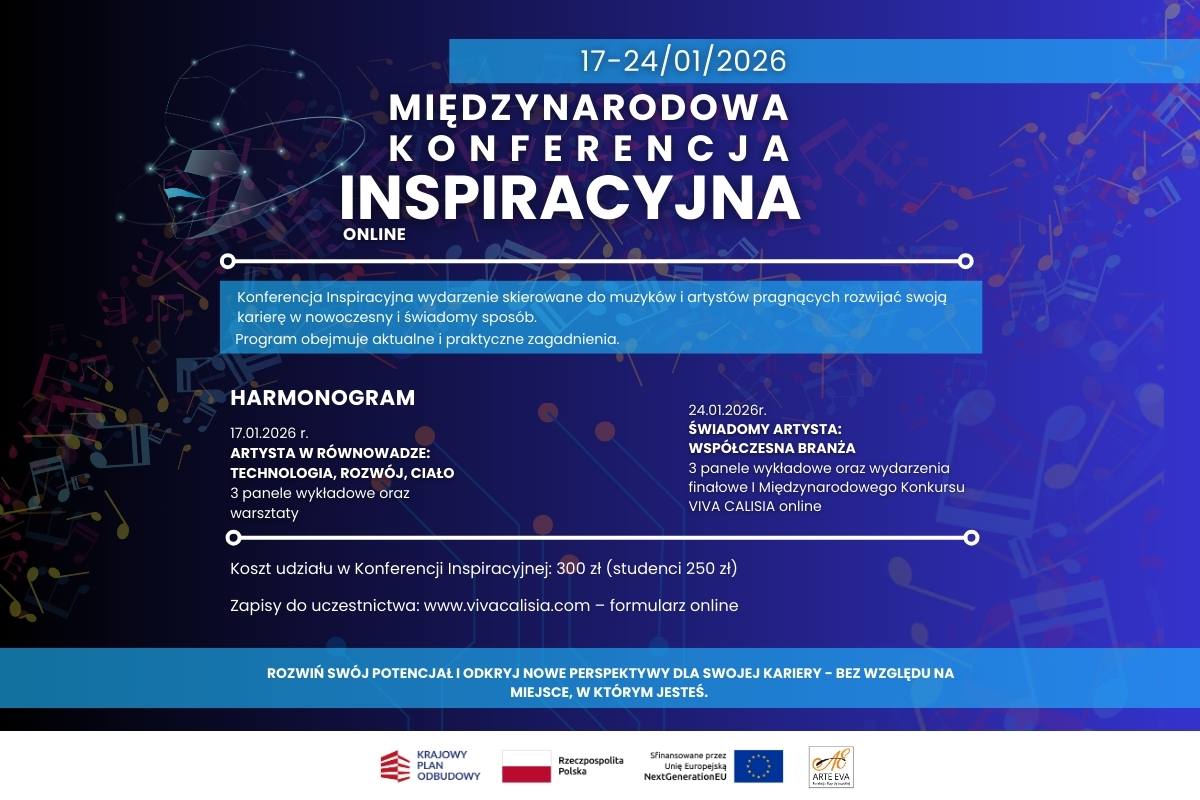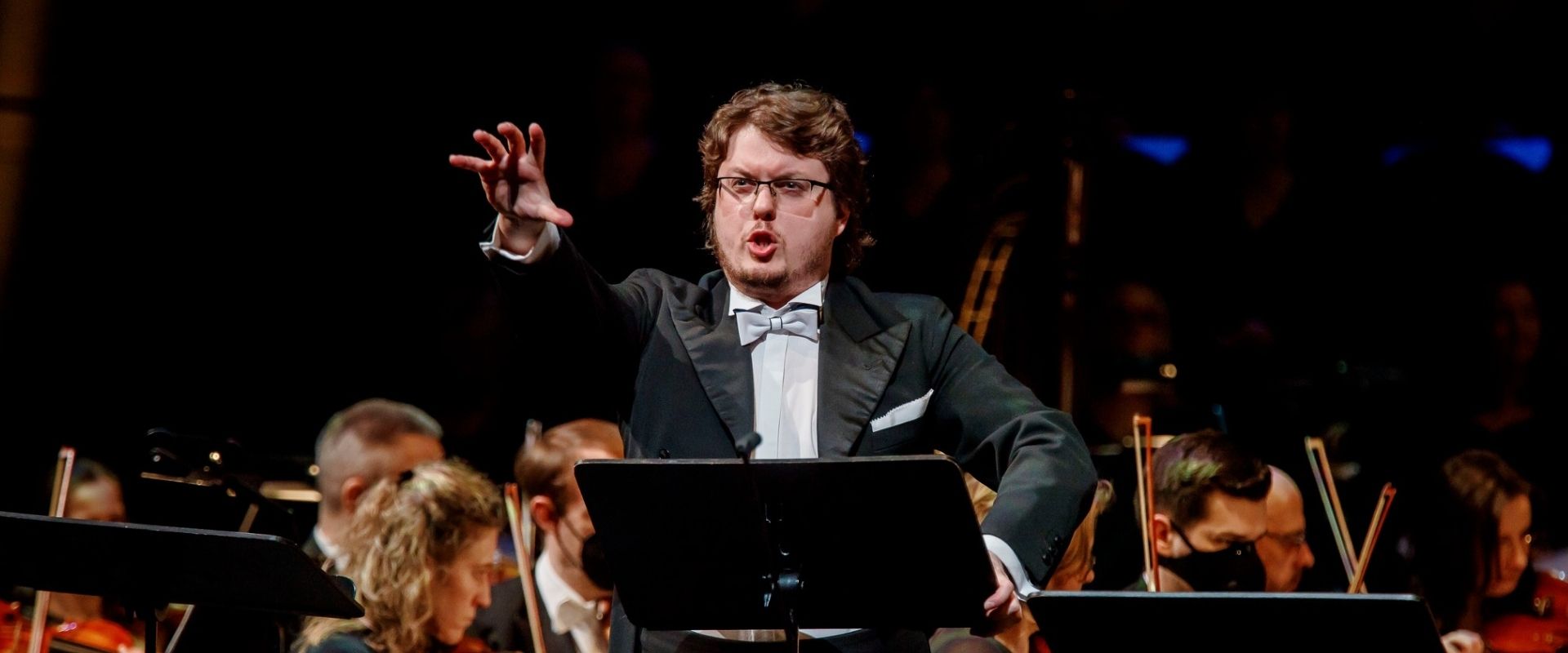 Five questions for … baritone Szymon Mechliński before the premiere of “Beatrix Cenci”
Five questions for … baritone Szymon Mechliński before the premiere of “Beatrix Cenci”
Szymon Mechliński is not just a renowned baritone of the young generation. He is actively involved in promoting Polish music around the world. We talk to him before the opening of the concert version of Ludomir Różycki’s “Beatrix Cenci” at the Polish National Opera, in which he sings the role of Pietro Negri.
Why do you think Polish music is rarely played abroad?
It is rarely played because it is unknown. We do not promote it. Imagine a famous Polish singer with an extensive network of international contacts. Let’s say they admire the music of Henryk Jarecki. They approach the director of the Met, Madrid’s Teatro Real or the Paris Opera, and what? They have nothing to show. There is no sheet music, perhaps they can present a manuscript. When I am asked to perform a new work, I first take the sheet music in my hands, but I also want to listen to the recording. I want to see what the orchestration is like, what the performance tradition is, whether the role suits my voice. Recordings are a necessity nowadays.
You mean the publishing and recording gaps need to be made up for.
You also need to realize the popularity of a score usually reflects certain historical events. I think you have to be very naive to claim that countries with a strong statehood in the 19th or early 20th century, such as Germany, Russia or France, have not contributed to the promotion of their national repertoire. Foreign works: German, Russian or French are beautiful and rightfully popular. We have to remember Poland did not have such promotion opportunities, because it did not exist as a state on the political map. And our composers created equally valuable scores back then.
How to promote Polish music abroad?
I keep adding unknown Polish works to my concert repertoire. They are always well received, no matter whether I perform in Tokyo or Wexford. I am currently working on the opera “Ruvaert Flanders or Brewer from Ghent ” by Józef Brzowski. It tells the story of the Flemish national hero Jacob van Artevelde. When I was performing in Amsterdam, my Belgian colleague who came across my YouTube channel with recordings of arias, sat down with me in the canteen, surprised that Poland had its own operas. Most people are unaware of that. He had a double surprise to find out about his native ” Ruvaert Flanders” featured by a Polish composer. The history is a good export product, and we have a lot of interesting “goods” we can use to hit specific places.
Is there any other unusual finding you have recently come across?
I discussed one of them with Karina Skrzeszewska, with whom I currently perform in “Beatrix Cenci” by Ludomir Różycki. She is half Greek. There is an opera called “The Judgement” (original title: “Wyrok”) by Zygmunt Noskowski. It tells the story of the heroic Greek fight for independence against the Turkish occupier in the 19th century. Karina was very surprised! She told me she had been looking for references to the above events in the works of Greek composers such as Spiridon Samaras. None of them explored the topic. Perhaps the subject was too painful for them, too personal… It is hard to say. “The Judgment” is an opera about the Greek national liberation movement to a Polish libretto.
What are your professional plans for the near future, aside from performing and promoting Polish music?
In the near future I am singing Valentine in “Faust” by Charles Gounod in Canada, then Lord Cecil in “Maria Stuarda” by Gaetano Donizetti at the Teatro Real in Madrid. I am also reprising to the role of Marcello in “La Bohème” by Giacomo Puccini, which I have performed on a number of occasions.
My vocal capabilities allow me to sing late romantic repertoire, which is demanding and very strenuous. Likewise, opera scores by Polish composers are not easy to sing, such repertoire requires a lot of physical endurance.




